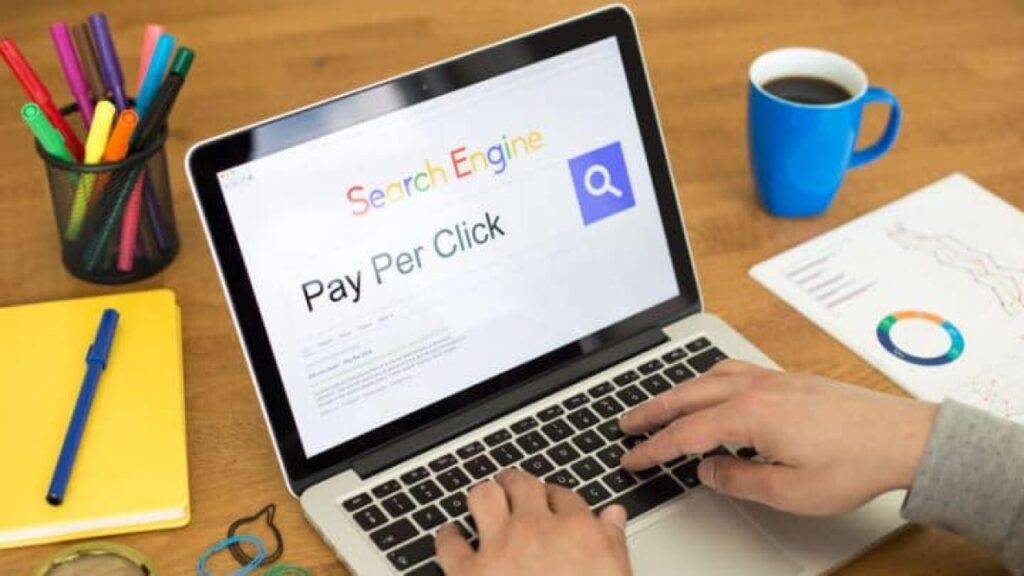Have you ever felt you are spending much on Ads but not getting enough in return? If yes, this guide will be your helping hand!
When it comes to PPC campaigns, cost-per-conversion is without a doubt the most crucial aspect.
Cost per conversion (CPC), also known as Cost per acquisition (CPA), refers to the amount of marketing or advertising money spent to acquire or convert leads who click on your website or respond to your call to action (CTA).
And, if you are expecting good results out of your campaign, lowering CPA is a must. Basically, it can enhance your return on investment (ROI) without causing you any further losses.
Reducing CPA from the very beginning is better to approach because it’s less difficult to begin managing costs now than to come up with ways to boost conversions. In all, it’s good (and relatively easier) to think of ways to overcome marketing and conversion costs before the sales numbers start pouring in.
However, if you have not done the thinking at the start, it’s fine. After all, it’s never too late to start. Right?
So, here are the tips or ways you can start practicing immediately to reduce your acquisition costs in your PPC marketing campaigns, and to get an exceptional outcome.
(You can even reach a Google Adwords Expert for the same.)
Let’s learn!

1. Bid Strategy Optimization
To evaluate the impact of ad rank on click-through and conversion rates, you may want to first run a Google trial at the campaign level.
Simply change the bid strategy to target CPA for those campaigns which are costing higher for conversion, it will auto-optimize your campaign according to the target CPA you set.
You can use the maximize conversion bid strategy for campaigns that are costing lower for conversion.
This is one of the quickest adjustments you can make to reduce your cost-per-conversion, even before you get carried away and just start dropping keywords bids (which can further harm your account). The best part is, you don’t have to make any changes to your website for this.
Reach a Remote PPC Expert and craft a finer strategy for your business!
2. Keyword Optimization
You should make it a priority to review your keywords on a regular basis, no matter if you’re, new to PPC or a veteran. And also you should analyze first to see which keywords are generating conversions—and which aren’t.
Once you analyze the low-converting keywords, check for the total number of clicks. For instance, if any keyword has generated 5 conversions only, you may consider pausing it. But if received 10 clicks, especially in the beginning, that’s a 50% conversion rate, which means it’s definitely worth investing in.
Moreover, if while researching, you see a keyword that’s generated 1 conversion out of 1,000 clicks, pausing it will probably benefit your campaign.
In all, only keep the keywords that are offering good results.
3. Review The Dimensions Tab
If you have not done this already, setting up the dimensions should be your priority. Here are the tips to lower your cost per conversion by evaluating the best times to show your ads.
a. By Hour of Day
Based on your industry, showing ads 24 hours a day, may not be needed to attain your conversion requirements. In most of the cases, you must find optimal times to drop keyword bids, bid more aggressively, and/or times you might be better off not running ads at all.
b. By Day of Week
Again, based on your business and historical data, you can revise your ad scheduling and run ads on certain days, like Monday to Friday.
Below metrics can help while making such decisions:
Impressions: On which days of the week or hours of the day are people searching for your products/service.
Conversions: On which days of the week or hours of the day are people converting.
Cost-per-Conversion: On which days of the week or hours of the day are conversions more or less expensive.
Conversion Rate: On which days of the week or hours of the day, people are more or less likely to convert.
Pro-Tip – Blocking unqualified and irrelevant searches can do wonders for your overall cost-per-conversion. Basically, negative keyword evaluation is to make sure that your ads aren’t targeting users who you know aren’t relevant to your business’ offerings.
Approach me for help!
Well, these are not all but surely important ones to consider, if you aim to gain high benefits. I can help you create an enhanced bid strategy for your campaigns. Being a Freelance PPC Consultant for years, I am now confident to work with any client from any industry. So, contact me now if you need any help regarding your PPC/SEM projects or simply use the above tips for top-notch results.
Reduce the Cost Per Conversion and Earn More!







